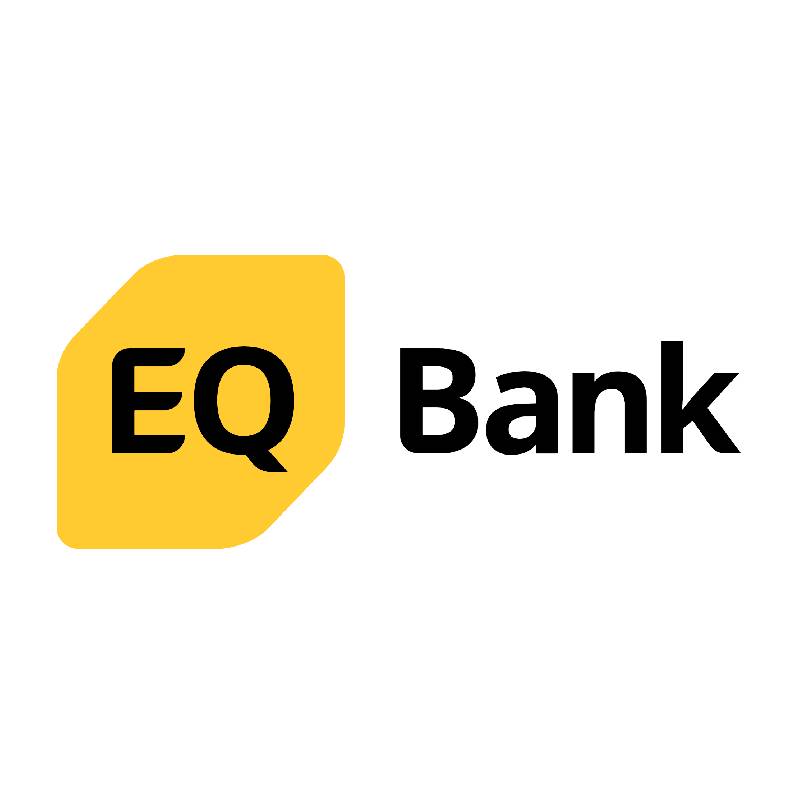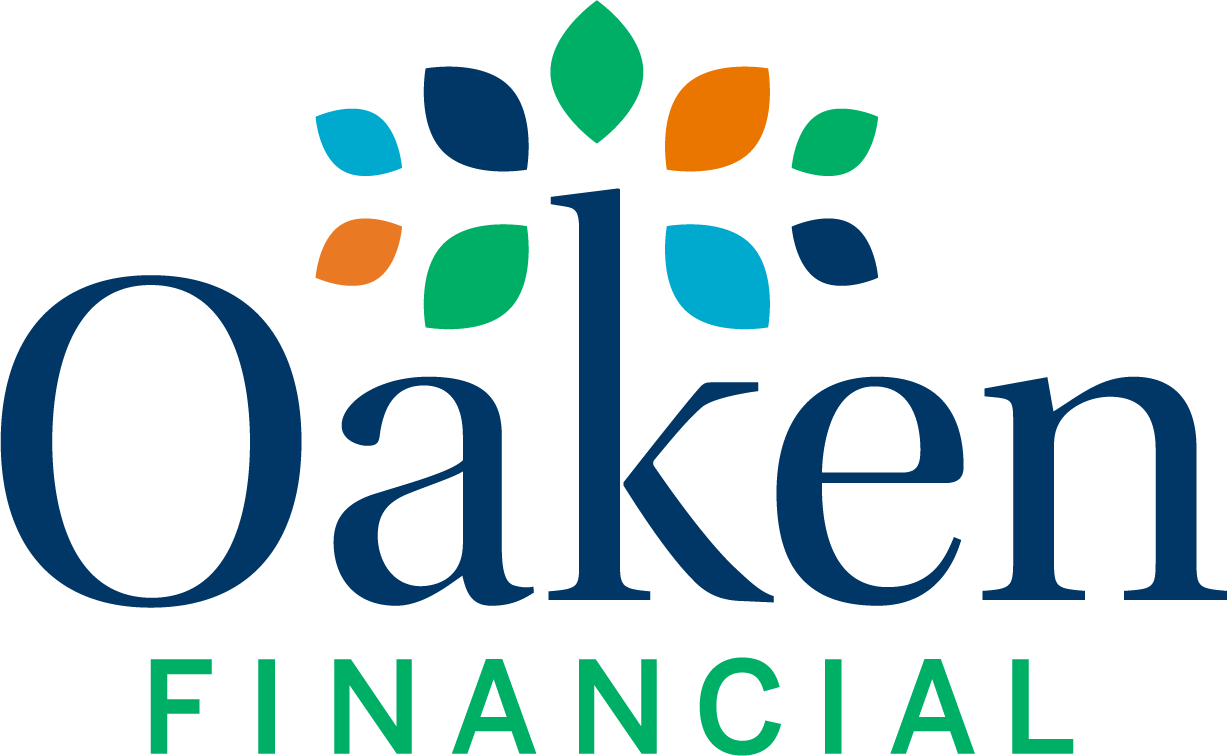Best GIC rates in Canada (registered)
| GIC Provider | Rate, Term | Get started |
|---|---|---|
| EQ Bank | 3.05%, 9 months | Get this rate |
| Oaken Financial | 3.95%, 2 years | Get this rate |
| TD Bank | 3%, 1 year | Get this rate |
| Scotiabank | 3.60%, 2 years (non-redeemable) | Get this rate |
| Bank of Montreal | 3.00%, 1-year | Get this rate |
| Meridian Credit Union | 5.0%, 1-year | Get this rate |
| Parama Credit Union | 4.00%, 1 year | Get this rate |
| MAXA Financial | 3.95%, 1-year | Get this rate |
*As of January 13th, 2025
Best GIC providers
| Provider | Terms | Types | Insured by |
|---|---|---|---|
| EQ Bank | 3 months–10 years | Non-registered, RSP, TFSA, FHSA | CDIC |
| Oaken Financial | 30 days–5 years | Non-registered, RSP, TFSA, RIF | CDIC |
| TD Bank | 30 days–5 years | Non-registered, RSP, TFSA, RESP, RIF | CDIC |
| Scotiabank | 30 days–10 years | Non-registered, RRSP, TFSA, RESP | CDIC |
| Bank of Montreal | 30 days–20 years | Non-registered, RSP, TFSA, RESP, RDSP, RIF | CDIC |
| Meridian Credit Union | 30 days–5 years | Non-registered, TFSA, RRSP, RRIF | FSRA Ontario |
| Parama Credit Union | 1–5 years | Non-registered, RRSP, RRIF, and RESP | DICO |
| MAXA Financial | 1–5 years | Non-registered, TFSA, RRSP, RRIF | DGCM |
There are plenty of Canadian banks, credit unions, and other financial institutions to choose a GIC from; which GIC is best for you depends on what you’re looking for. Pay special attention to the length of the GIC term, the type of GIC, whether or not the GIC can be held as a registered account, and of course, its interest rate.
EQ Bank GICs
EQ Bank offers some of the highest GIC rates of any financial institution, particularly for those who are willing to wait a while until they access their funds: Their interest rates typically climb higher for longer term lengths, and EQ Bank is one of the few institutions in Canada that offers GIC terms up to 10 years, starting at 2.60% for a 6-year GIC (non-registered). That said, if you’re looking for a TFSA or RSP GIC, you’ll have to open an RSP Savings Account or TFSA Savings Account first. Registered GICs rates currently range from 2.60% up to 3.65%.
Those interested in opening a GIC with EQ Bank must first open a Savings Plus Account, from which the money for the GIC will be transferred and to which it will be returned upon maturity. Equitable Bank, EQ Bank’s parent company, is a CDIC member, and GICs with EQ Bank are eligible for CDIC protection up to $100,000‡‡.
EQ Bank GICs: Rates are calculated on a per annum basis and are subject to change at any time.
‡‡Equitable Bank is a member of CDIC, which means your deposits with Equitable Bank and EQ Bank are eligible for deposit insurance from the CDIC.
Oaken Financial GICs
Oaken Financial has consistently offered some of the very highest GIC rates in Canada. They provide both short and long-term GICs, commercial GICs, non-registered GICs, and registered GICs in the form of TFSAs, RSPs and RIFs.
Long-term non-registered GICs range up to 5.15% currently, while registered plans (RSP, TFSA, RIF) range from 4.35% to 5.15% on terms up to 5 years. Oaken Financial GICs are issued by either Home Bank or Home Trust, both of which are separate members of CDIC.
TD Bank GICs
Rates on TD’s ‘regular’ GICs are usually nothing to write home about. But TD does offer an appealing selection of Market Growth GICs, which can be held in both registered and non-registered accounts. These GICs guarantee both principal investment and a decent interest rate, and boast very high potential (though not guaranteed) returns, depending on the performance of the underlying assets they’re tied to.
Scotiabank GICs
Scotiabank offers relatively high GIC interest rates for a Big 5 bank, and it offers its highest rates to those that bundle their GIC with some of their best chequing accounts. GICs offered include both cashable and non-redeemable, and terms range from 30 days to 10 years. Minimum investments range from $500 to $5,000 depending on the GIC in question.
BMO GICs
BMO generally has lowish rates compared to some other Big 5 offerings, but it does have unusual GIC types, like the AIR MILES GIC, which earns 1 AIR MILE per month for every $1K invested in the GIC; or a GIC with a 20-year term length, which may be a good option if you’re looking for ultra-long-term savings for retirement. All BMO GICs are insured by the CDIC.
Meridian GICs
Meridian tends to offer slightly lower GIC interest rates than some of its competing Canadian credit unions. But one of the distinguishing aspects of Meridian’s GIC suite is that they offer such a wide variety of GICs to choose from, including cashable GICs, fixed-rate GICs, principal-guaranteed index-linked GICs, and a particularly unusual ‘Raise the Rate’ GIC, in which the accountholder has the option to increase their GIC rate if Meridian’s rates go up.
Both registered and non-registered Meridian GICs are insured up to $250,000 through the Financial Services Regulatory Authority of Ontario. Meridian Credit Union is based in St. Catharines, Ontario, but its GICs are available to all Canadians, aside from Quebecers.
Parama GICs
Parama offers cashable and non-cashable GICs with terms of 1 to 5 years and a minimum investment of $1,000. Interest is paid annually and deposited into a Parama chequing or savings account (depending on the type of GIC you select), which makes this a great option for savers who want to leave their principal investment alone and enjoy the income it produces.
The Parama U.S. Dollar GIC typically has lower interest rates than Parama’s other CAD GICs, but it might nonetheless be a good vehicle for Canadians who frequently hop across the border, or for those looking to make a secure investment during a period where the Canadian dollar is anticipated to drop in value. Deposits are insured by Deposit Insurance Corporation of Ontario.
MAXA Financial GICs
MAXA Financial offers GICs with consistently high interest rates, with terms from 1 to 5 years, requiring a relatively low minimum deposit of $500. All GICs are non-redeemable prior to maturity, so this is only a good choice for savings you don’t need to touch until your GIC matures. MAXA is a division of Manitoba’s Westoba Credit Union; deposits held with MAXA Financial are guaranteed by the Deposit Guarantee Corporation of Manitoba. MAXA is a digital financial institution and as such is best suited to those who are comfortable with online banking.
Picking the right GIC term
When it comes to choosing the right GIC term for your savings, you want to focus on your personal financial goal. The GIC should mature near or on the date you need to access the funds you’ve invested. In order to choose the right term, you need to know what your money is for and when you’ll need it.
Depending on what you’re saving for, you might have only a vague idea of when you’ll need the money. For example, if you’re saving for retirement, longer GIC terms are appropriate. You may not know exactly what date you’ll retire, but you should have an idea of approximately what year. If retirement is many years away, you can certainly feel comfortable choosing GIC terms of 5 years. As they mature, you can then roll them into new 5-year term GICs or shorter terms as needed once your retirement date becomes more clear.
If you’re saving for a more specific goal, such as a house down payment, you want to choose a shorter term. Depending on how much you plan to save or when you want to go house shopping, you might choose a GIC with only a two- or three-year term. If you’re anticipating you’ll need your money on a certain date, try to choose a GIC that matures a few months beforehand in case your goal gets pushed ahead of schedule. For example, choose an 18-month term GIC instead of a 2-year term GIC, even if that means you’ll earn slightly less interest. Because many GICs will not let you access your investment until it matures, it’s generally better to err on the side of caution and make sure your money is available earlier rather than later!
Choosing the right GIC type
Different GICs have different rules, so it’s important to read the fine print carefully before you invest.
Many GICs are non-cashable and non-redeemable, which means your money cannot be accessed until the GIC term is up. This probably doesn’t matter for money you’ve put in an RRSP GIC for retirement, but if you’re looking at a GIC as an emergency fund, you don’t want to be unable to access money you might need in a hurry. Likewise, where most GICs are simple cash investments, others are linked to the stock market. This makes the return on your investment less predictable. If you are saving for something specific and need to know exactly how much you will have when your GIC matures, you might not be interested in a market-tied GIC.
The bottom line
Choosing the right GIC depends on when you need the money, what you want to use it for, and how you want it invested. This will help you pick the right GIC term, type, and the best GIC issuer in Canada for your savings!

Bridget Casey is the award-winning entrepreneur behind Money After Graduation, a Canadian financial literacy website aimed at 20 and 30-somethings. She holds a BSc. from the University of Alberta, and an MBA in Finance from the University of Calgary. She has been featured as a millennial financial expert by Yahoo! Finance, TIME Magazine, Business Insider, CBC and BNN. Bridget was recognized as one of Alberta's Top Young Innovators in 2016.
More banking content
Disclaimer
The content provided on Money.ca is information to help users become financially literate. It is neither tax nor legal advice, is not intended to be relied upon as a forecast, research or investment advice, and is not a recommendation, offer or solicitation to buy or sell any securities or to adopt any investment strategy. Tax, investment and all other decisions should be made, as appropriate, only with guidance from a qualified professional. We make no representation or warranty of any kind, either express or implied, with respect to the data provided, the timeliness thereof, the results to be obtained by the use thereof or any other matter. Advertisers are not responsible for the content of this site, including any editorials or reviews that may appear on this site. For complete and current information on any advertiser product, please visit their website.
†Terms and Conditions apply.












